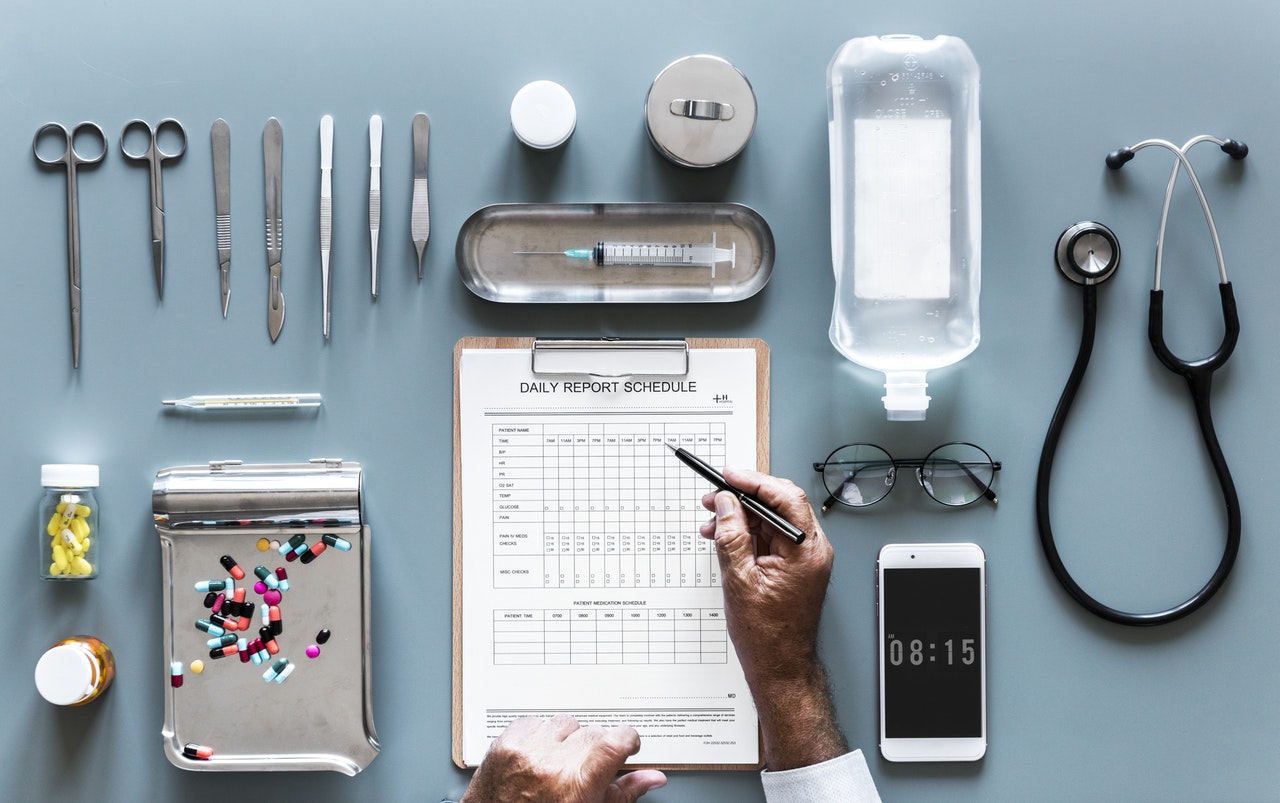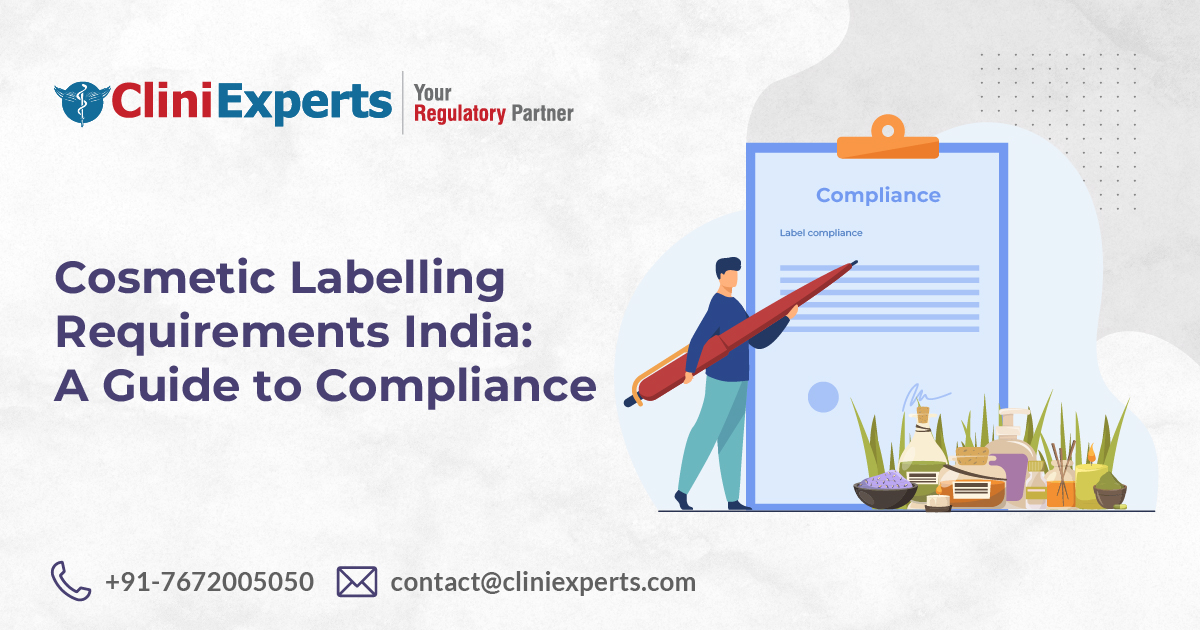NEW NOTICE BY DCGI FOR MEDICAL DEVICES

The Government of India is revamping the existing regulations on medical devices to be at par with the global norms and standards, to have a better control over their manufacture, import and sale.
A new notification was released by the Drugs Controller General of India (DCGI) in Nov 2018 regarding certain medical devices, which will now be regulated devices, starting January 2020. Earlier, these medical devices were not regulated and thus, did not need registration before being sold in the Indian market. The following devices have now been classified as regulated devices:
Nebulizer1: This is a class B (low-to-moderate risk class) medical device, which sprays liquids in aerosol form. This directly delivers the drug deep into the respiratory system with minimal losses into the environment and helps in stabilizing breathing. It is frequently prescribed with therapy for chronic pulmonary obstructive disease. It includes the following types:
- Gas nebulizer
- Venturi nebulizer
- Heated nebulizer
- Refillable nebulizer
- Ultrasonic nebulizer
BP machine2
It is used to detect blood pressure and comes under the category of devices that are not classified in any class, thus assigned to class A (low risk) medical devices as it does not come in contact with the individual or comes in contact with the skin surface only.
Digital thermometer2
It is used to detect body temperature. It comes under the category of devices that are not classified in any class, thus assigned to class A (low risk) medical devices, as they are intended for transient use without any connection to any other medical devices or as it is to be connected with medical devices of class A only.
Glucometer1
This device comes under class B (low-to-moderate risk class) medical device and aids in detecting glucose levels in the blood.
Import, Manufacture and Sale of Medical devices3
Application for the 1) import of medical devices; 2) manufacturing for the purpose of sale or distribution of medical devices; 3) the sale, stock, exhibit or offer for the sale of medical devices; 4) in vitro diagnostic kits
The technological changes and development in the branch of medical devices have been grouped as per the recent standards issued by the Ministry of Health and Family Welfare, Government of India.
The manufacturer of these products shall follow the safety and efficacy principles laid down in the guidelines.
The products shall conform to the guidelines set in place by the Bureau of Indian Standards Act, 1985, or as per the norms put forth by the Ministry of Health and Family Welfare.
Application for the manufacture of class A and B medical devices for the purpose of sale or distribution:
- Application for the approval of the license or loan license to the State Licensing Authority.
- License application under sub-rule (1) through the website of the Ministry of Health and Family Welfare in form MD-3 for license or MD-4 for loan license.
- The application should be accompanied by the fees and supporting documents as specified in the second schedule and part II of the fourth schedule, respectively.
- An undertaking stating that the quality is managed as per the fifth schedule shall also accompany the application form.
- The State Licensing Authority, if satisfied after scrutinizing the documents, will grant the license for the manufacture of class A medical device in Form MD-5 or Form MD-6 in case of a loan license. The application may get rejected if the authority is not satisfied and the reasons will be provided in writing. The process of approval or rejection is completed in forty-five days after the receipt of the application form under sub-rule (1) provided that,
- The audit of the place of manufacture of the device is not necessary for the licensing to manufacture for sale or distribution of a class A device.
- The audit of the place of manufacture of the device shall be carried out within 125 days from the date of the approval of license.
In the case of class B devices, the place of manufacture shall conform to the quality requirements stated under the fifth schedule. It should also be verified for compliance by a notified body before the grant of license.
The approval of a license for the class B devices involves:
- The audit of the manufacturing place by a notified body as per the third schedule within 90 days from the day of application.
- The audit reports shall be presented to the State Licensing Authority by the notified body.
- The State Licensing Authority, if satisfied after scrutinizing the documents, will grant the license for the manufacture of class B medical device in Form MD-5 or Form MD-6 in case of a loan license. The application may get rejected if the authority is not satisfied and the reasons will be provided in writing. The approval or rejection is done within twenty days after the receipt of audit reports.
- In rejected cases, the applicant may file an appeal before the state government within forty-five days of rejection.
- In case of any class of medical device, if the central or state licensing authority doubts the quality compliance of any manufacturing site, it may direct a team for the inspection of that particular site.
Any organization aiming to manufacture devices for sale or distribution shall abide by the norms prescribed in the guidelines and follow the registration steps listed above.
REFERENCE
- DCG (I/Misc./2017 (68) Central Drugs Standard Control Organisation Directorate General of Health Services Office of Drugs Controller General India FDA Bhawan, Kotla Road, New Delhi. [Internet] [Dated Jun 29, 2017]. Available at: http://www.cdsco.nic.in/writereaddata/notice%2029_6_2017.pdf. Accessed on Dec 17, 2018.
- A guidance document for medical devices [Internet]. Available at: http://www.cdsco.nic.in/writereaddata/Guidance%20Document%20ipv.pdf. Accessed on Dec 17, 2018.
- Ministry of Health and Family Welfare (Department of Health and Family Welfare) Notification. [Internet] [Jan 31, 2017]. Available at: https://mohfw.gov.in/sites/default/files/Medical%20Device%20Rules%2C%202017.pdf. Accessed on Dec 17, 2018.
Saurangi is a food regulatory expert with 8 years of experience. She shares her knowledge and insights on regulatory updates, food trends, best practices, and news. Follow her for expert insights and practical advice on all things for food regulatory
Saurangi Shah
CliniExperts Services Pvt. Ltd.
Recent Posts
Organic Food Labelling In India| Certification, and Import of Organic Food in India

This Article is All About Organic Food Labelling In India and Certification, and Import of Organic Food in India. Explained in Detail About What is Organic Food labelling? Summary Short Description Wi..
Cosmetic Label Compliance India : A Guide to Compliance

Introduction Looking for Cosmetic Label Compliance India? Are you a cosmetic manufacturer or importer navigating the complex world of Indian regulations? Ensuring your product labels comply with the l..
Clinical Investigation Approvals: An Overview of Forms MD-22 and MD-23

Summary Short Description Strict regulatory protocols govern clinical investigations for medical devices. Central to this process are forms MD-22 and MD-23. Form MD-22 is an application to Central Lic..
HAVE A QUERY?
REACH US!Office
New Delhi
Unit No. 324 & 325, City Centre Mall, Plot No. 5, Sector 12, Dwarka, India - 110075
+917672005050
Bengaluru
RMZ Galleria, 1st floor, Ambedkar Colony, Yelahanka, Bengaluru, Karnataka, India – 560064
Call us on
Sales: +91 7672005050
Reception: +91-11-45214546
Timings
9 am to 6 pm (Monday to Friday)


